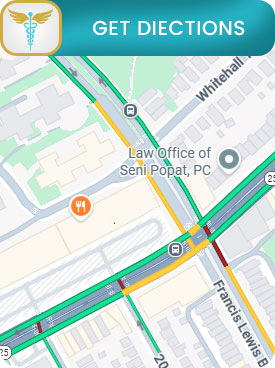Can Addiction Cause Depression?
Addiction and depression are often closely linked, with one condition potentially leading to or worsening the other. Those struggling with depression might turn to substances as a way to cope, creating a vicious cycle. If you’re experiencing signs of either condition, it’s crucial to seek help. Jean-Jeffrey Marcellus and our dedicated team are here to provide compassionate support and effective treatment options. Contact us or book an appointment online for a confidential consultation. We are conveniently located at 205-07 Hillside Avenue Suite# 10, Queens, NY 11423.



Additional Services We Offer

Additional Services We Offer



